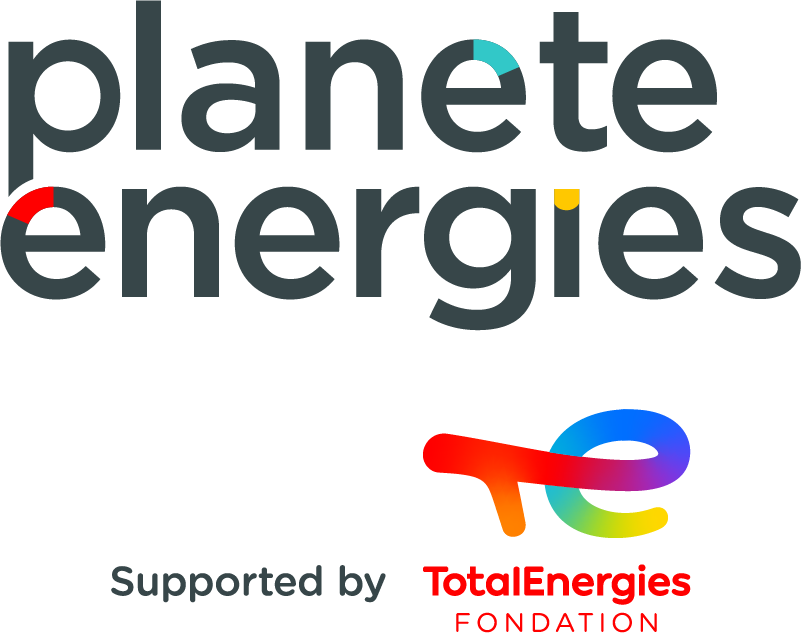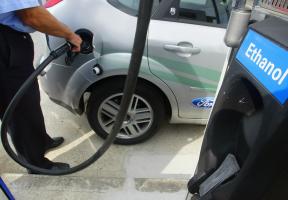How Costs and Taxes Determine Fuel Prices
10 min read
Gasoline and prices are determined by many factors: the price of , refining, transportation and marketing costs, local government taxes, oil company margins and, lastly, the price of any biofuels blended into the product. In France, taxes made up more than 60% of the pump price of fuels in 2016.

© BLAISE BERNARD / TotalEnergies - New Total Access service station in Gennevilliers, France.
The Disconnect Between Crude and Pump Prices
Since the 20th century, we've seen crude oil prices adjust rapidly in response to supply and demand and certain political and economic situations.
Nevertheless, the price at the pump fluctuates less than the price of a of oil. For example, during the 2007-2008 global economic crisis, crude oil prices shot up by 50% between January and July 2008. Over the same period, pump prices in France rose by just 19% for diesel and 11% for unleaded gasoline. And when the price of crude plummeted 55% between June 2014 and June 2016, pump prices fell only 10% for diesel and 15% for gasoline.
Reasons for the Disconnect
The price disconnect is attributable to three main factors:
- The price at the pump includes taxes, which are high in France, Germany and the United Kingdom, and much lower in the United States. In France, for example, taxes made up more than 60% of the pump price of fuels in June 2016. And of course, taxes are not influenced by oil price fluctuations: while crude oil prices have declined since 2014, taxes have actually increased in France.
- The prices of crude oil and refined products, especially gasoline and diesel, are set in different international markets that are each governed by their own laws of supply and demand. This explains why the price of fuel can increase during the summer vacation, when demand is greater, while the price of crude stays the same.
- In Europe, the crude oil and petroleum product markets use different currencies: the price of crude is denominated in U.S. dollars whereas the price of fuel is denominated in euros. The value of these currencies affects the price at which fuels are sold, regardless of the crude oil price.
Furthermore, adding biofuels to the gasoline or diesel tends to increase the overall price because biofuels are often more costly than crude.
Costs and Taxes in France's Fuel Prices
Two set of figures supplied by the French government1 can help to understand the impact of taxes on fuel prices:
- Without taxes, diesel would cost €0.46 per liter and unleaded 95-E10 gasoline would cost €0.49 per liter (average figures for June 2016). These prices include the cost of the feedstock (oil) and the cost of refining it, i.e. converting it from crude to fuel.
- With taxes, diesel costs €1.17 per liter and unleaded 95-E10 gasoline costs €1.35 per liter (average figures for June 2016).
In other words, in June 2016, taxes made up nearly 61% of the price of diesel and nearly 64% of the price of gasoline. And the portion of fuel prices made up by taxes has increased: in June 2014, taxes accounted for less than 50% of the price of diesel and less than 57% of the price of gasoline.
There are two main types of fuel tax in France:
- The (formerly TIPP) domestic excise tax on energy products, which is set by the French Finance Act. In 2014, the TICPE was expanded to include a carbon component based on France's carbon tax, which increased from €7 per metric ton in 2014 to €22 per metric ton in 2016 and will continue to rise over the coming years. The French government has also decided to align the TICPE on gasoline more closely with the TICPE on diesel, which is substantially lower.
On January 1, 2016, one eurocent per liter was added to the tax on diesel and deducted from the tax on gasoline. These adjustments will be repeated on January 1, 2017. An additional regional TICPE tax can also be levied by France's regional councils.
- Value-added tax (VAT) at 20%, which is applied not only to the cost of the refined product but also to the TICPE, effectively representing a tax on a tax.
Extremely Small Margins for Fuel Retailers
Supply chain and marketing costs account for less than 10% of the pre-tax pump price. The profit before tax made by retailers represents the smallest portion of the fuel price, averaging around one eurocent per liter on unleaded gasoline or diesel. Put another way, that is less than 1% of the price at the pump2.
Based on June 2016 figures, gasoline and diesel prices are more expensive in France than in Spain and Germany, but cheaper than in Italy and the United Kingdom.






















